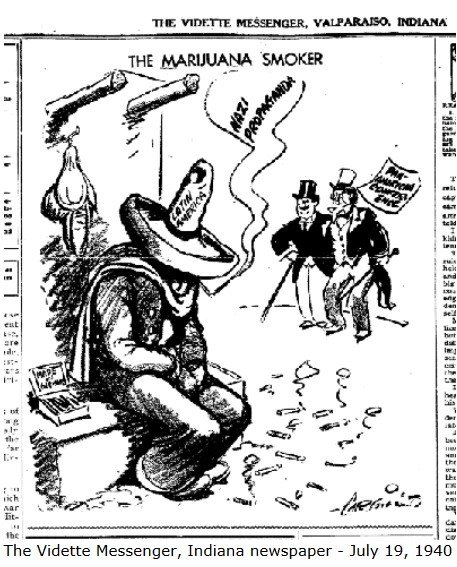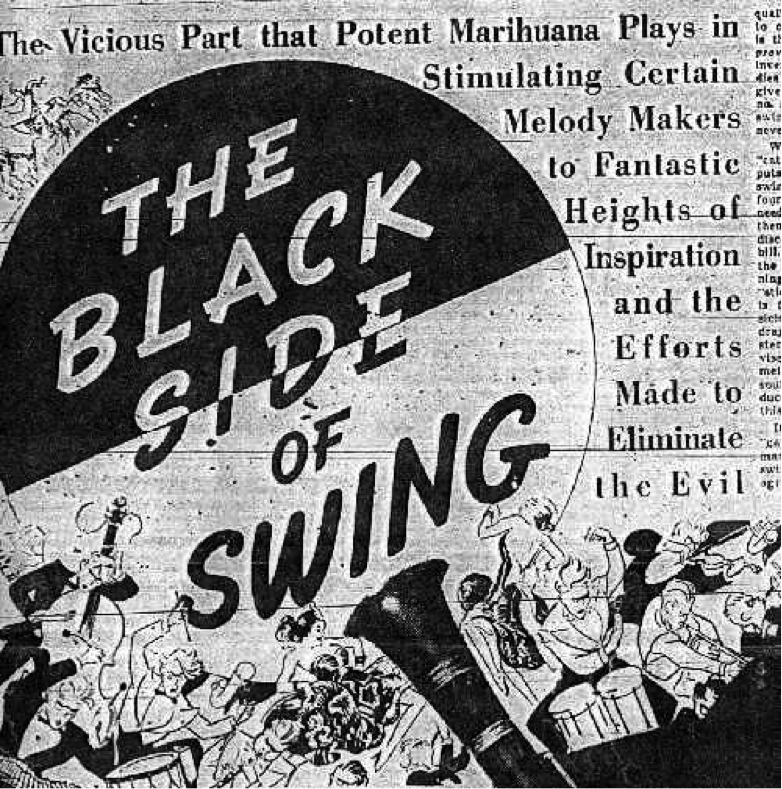Introduction to the Disturbing History of Cannabis Prohibition
Cannabis used to be entirely legal throughout the United States. This all changed chiefly due to one man's agenda. Enter Harry J. Anslinger. While local Texas governments had enacted some anti-marijuana laws prior, mainly as a means of controlling an influx of a Mexican-American migrant population, Anslinger brought forth the first federal anti-marijuana measures to be passed. The Marihuana Tax Act of 1937 was drafted by Anslinger, and this would be the piece of legislation that would effectively begin the federal prohibition of cannabis in the United States.
You might ask why Anslinger decided to target marijuana. The answer is relatively simple, the prohibition of alcohol had been a massive failure. On December 5, 1933, the 21st Amendment was ratified, repealing the 18th Amendment and putting a full end to the prohibition of alcohol. Anslinger was the first commissioner of the Federal Bureau of Narcotics, that was established in 1930, and the predecessor of the DEA. The government's focus had long been on prohibiting the sales of alcohol, and with the end of Prohibition, the government began to stop allocating funds towards substance control. Harry J. Anslinger's Bureau of Narcotics was losing funding. Anslinger had to quickly devise a way to gain government and public support of the work his bureau was doing. Anslinger decided to heavily demonize marijuana, chiefly by using misinformation and racist propaganda to achieve his means. One of Anslinger's most disturbing quotes about marijuana: "Reefer makes darkies think they're as good as white men."

